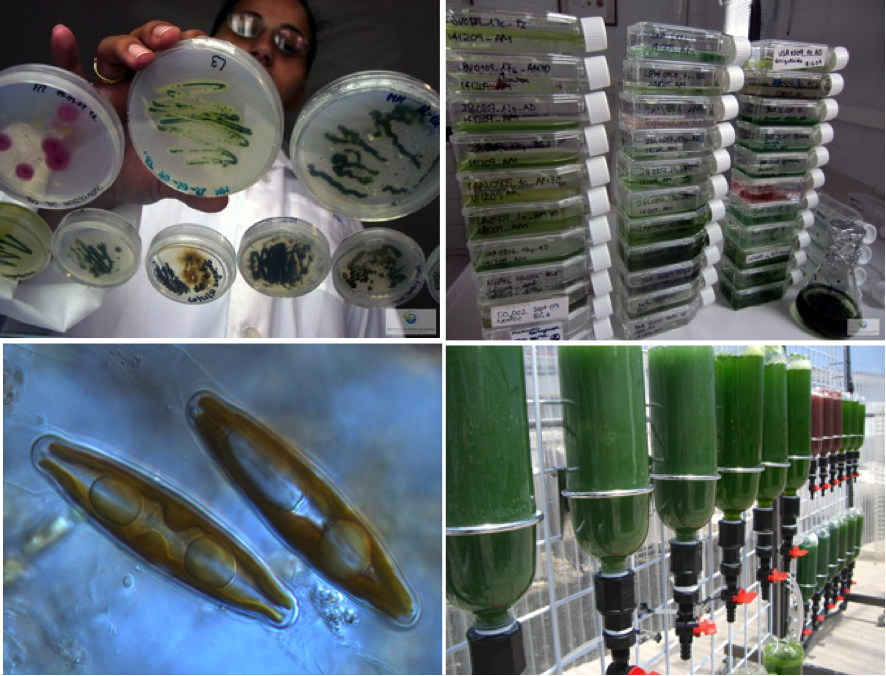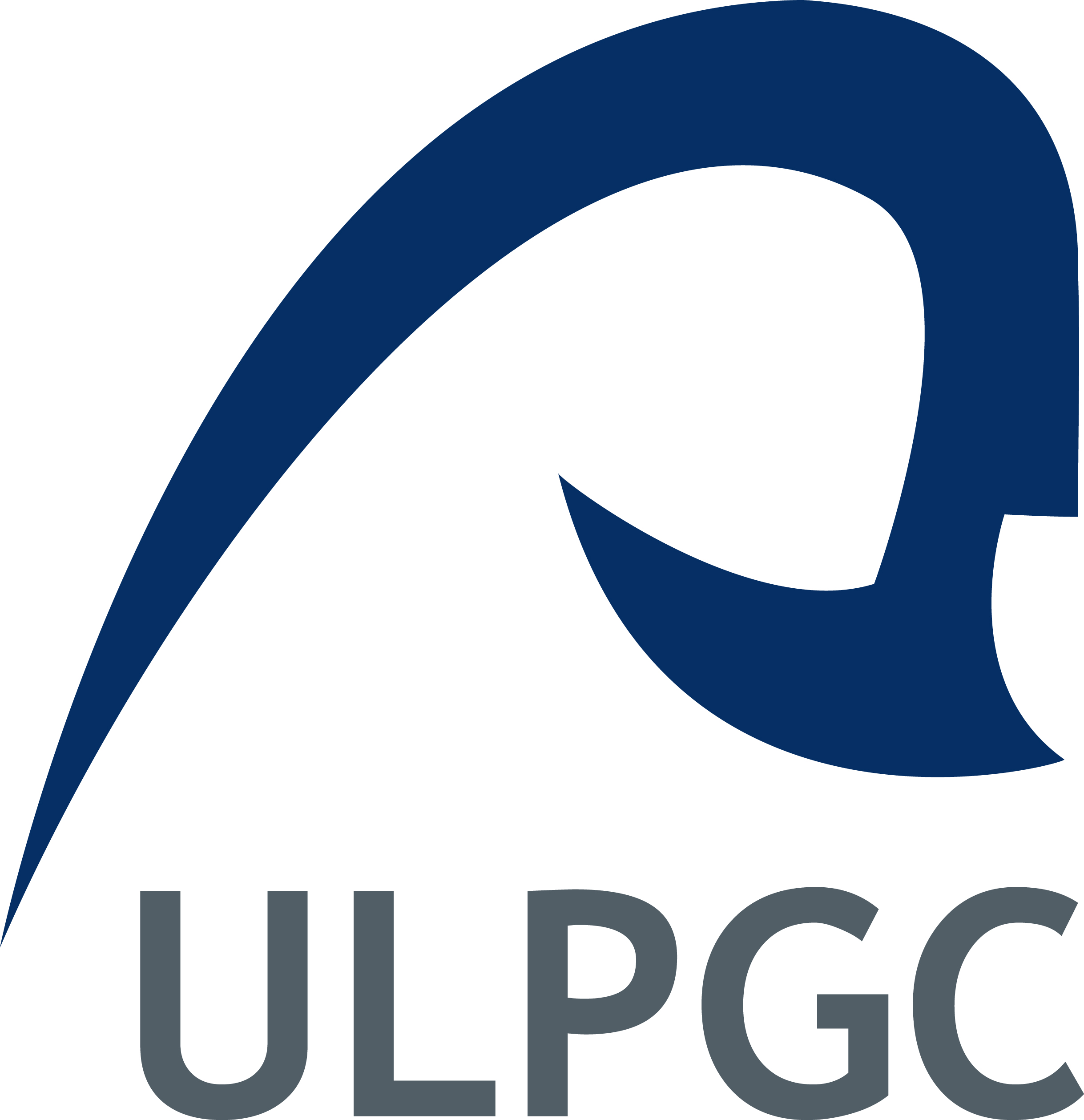Ph.D. Program in Oceanography and Global Change at the Canary Islands, Spain
 In the last years, the interest focused on the development of biotechnological processes of algae in general, and microalgae and cyanobacteria in particular, is high. The Spanish Bank of Algae (BEA) holds an authorized culture collection of tropical and subtropical microalgae, cyanobacteria and extremophiles, particularly from the Macaronesian region. General objectives of the collection include sampling and bio-prospecting, isolation, identification, characterization, conservation and supply of strains, extracts and genomic DNA for scientific and industrial purposes, based on culture techniques. The biotechnological potential for the development of industrial applications of these strains, many of them not assayed before and therefore considering access to unique genetic resources, is interesting for fields like food and feed, nutraceuticals, biomedicine, cosmetics, aquaculture and agriculture.
In the last years, the interest focused on the development of biotechnological processes of algae in general, and microalgae and cyanobacteria in particular, is high. The Spanish Bank of Algae (BEA) holds an authorized culture collection of tropical and subtropical microalgae, cyanobacteria and extremophiles, particularly from the Macaronesian region. General objectives of the collection include sampling and bio-prospecting, isolation, identification, characterization, conservation and supply of strains, extracts and genomic DNA for scientific and industrial purposes, based on culture techniques. The biotechnological potential for the development of industrial applications of these strains, many of them not assayed before and therefore considering access to unique genetic resources, is interesting for fields like food and feed, nutraceuticals, biomedicine, cosmetics, aquaculture and agriculture.
Considering this idea, research lines include: (1) development of biodiversity conservation techniques for microalgae and cyanobacteria; (2) strains identification combining morphological features, chemotaxonomy, phylogeny and metagenomics; (3) development of biomarkers for biochemistry, molecular biology and flow cytometry; (4) Harmful Algal Blooms (HABs): detection, control and prevention; (5) technological developments for the production and identification of bioactive compounds; and (6) biotechnological characterization of strains for industrial applications.
Through a wide experience in laboratory and pilot-scale cultivation of marine macroalgae, microalgae and cyanobacteria, research objectives include also physiological and biochemical studies on biomass production, transformation and the development of wastewaters and CO2 biofiltration systems by using algae.



